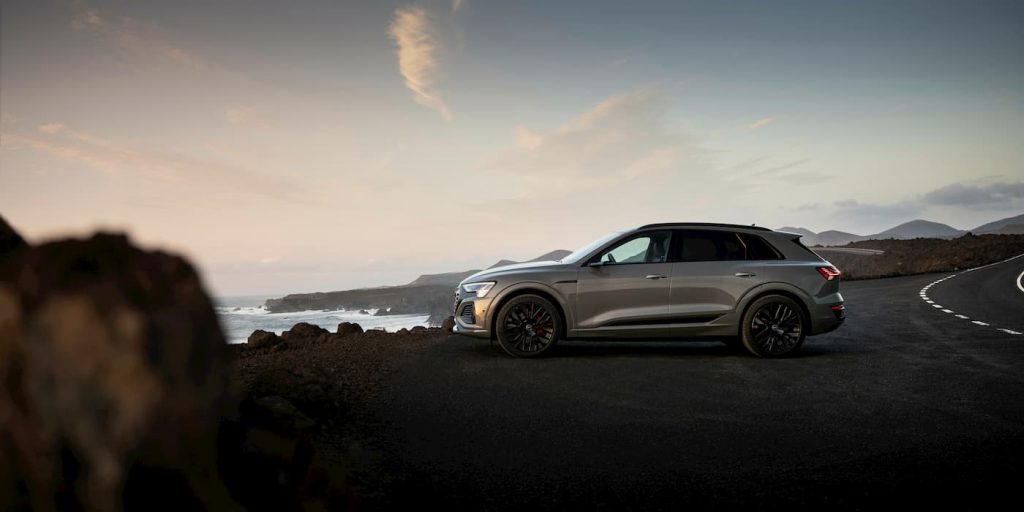
German automakers, known for their luxury and performance, hold different views on the use of e-fuels. While Mercedes-Benz CEO says it will favor “technically superior” EVs over ICE vehicles powered by e-fuels, Audi’s CEO says the synthetic fuels will play a major role within the Volkswagen Group’s plans, including Porsche.
E-fuels are synthetic fuels made using captured carbon dioxide emissions and hydrogen produced using CO2-free electricity, such as wind or solar energy. The idea is that by capturing these emissions that would have otherwise been released into the atmosphere makes them carbon neutral.
However, to produce e-fuels, a source of carbon is still needed, which primarily comes from oil and gas fields. More importantly, they are still used to fuel internal combustion vehicles and emit just as many harmful air pollutants as fossil fuels.
Earlier this year, Germany objected the EU’s proposed ban on new ICE vehicles in 2035 until the commission made a compromise to allow e-fuels as a “climate-neutral” fuel source.
Several German automakers have publicly spoken about using e-fuels and EVs going forward with different viewpoints on synthetic fuels.

German automakers mixed on e-fuel use over EVs
Mercedes Benz CEO Ola Kallenius reaffirmed the automaker’s plans to focus on EVs going forward, telling a German newspaper earlier this week that the automaker will continue to favor superior electric motors over internal combustion engines powered by e-fuels.
Kallenius said that EVs offer advantages in power efficiency, describing them as “technically superior” and “sensationally good” while pointing out the fact that e-fuels cannot compete with EVs being zero emission. He added:
The electric car is still a young technology compared to the combustion engine. We still see great potential for progress: the electric drive will overtake the internal combustion engine in terms of performance before the end of this decade.
Meanwhile, fellow German luxury automaker Audi’s CEO, Markus Duesmann, spoke to the German newspaper WELT to share his views on the EU’s ban on ICE vehicles and the use of e-fuels.
Duesmann explained that although Audi is phasing out ICE vehicles by 2033, the automaker will still offer different drive systems for buyers, saying:
E-fuels have an important role to play, especially in making the existing fleet of ICEs carbon-neutral. E-fuels are also the only decarbonization technology we know for air travel and ocean shipping. Within the Volkswagen Group, Porsche’s current e-fuels pilot plant in Chile is demonstrating that this technology really works.
This comes despite Volkswagen brand chief Thomas Shafer claiming e-fuels are “unnecessary noise from my point of view,” and by 2035, combustion engines are done anyway.
Shafer added that e-fuels won’t replace EVs and that “we don’t have enough energy as it is, so why waste it on e-fuels.”
Electrek’s Take
As Kallenius and Shafer both point out, e-fuels are unnecessary noise at this point. Producing e-fuels is an expensive and energy-intensive process. It also still promotes fossil fuel production and prolongs how long automakers can continue building gas-powered vehicles.
Instead of wasting the investment into e-fuel development and production, using the resources to fund zero-emission EV technology makes a lot more sense.
With nearly every automaker targeting an entirely electric lineup, what’s the point of wasting time and resources on synthetic fuels that will be phased out before they become widely available anyway?
Author: Peter Johnson
Source: Electrek



